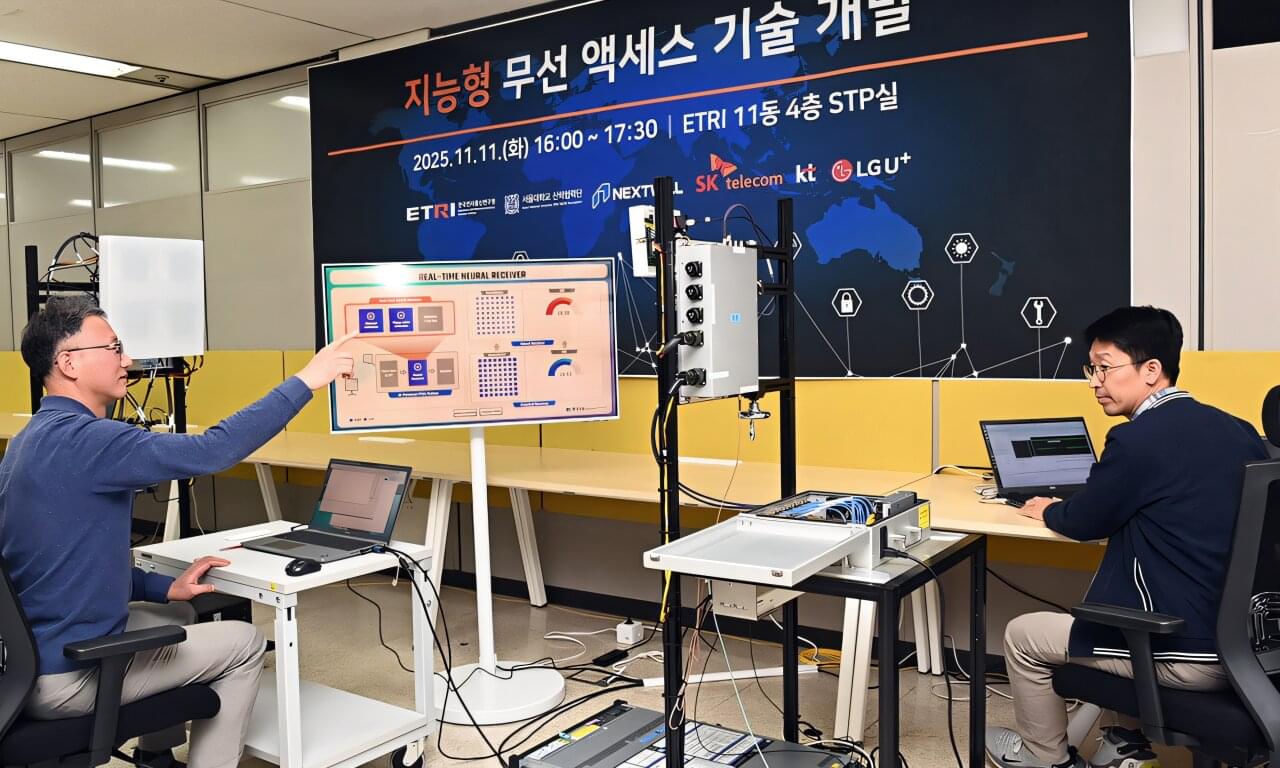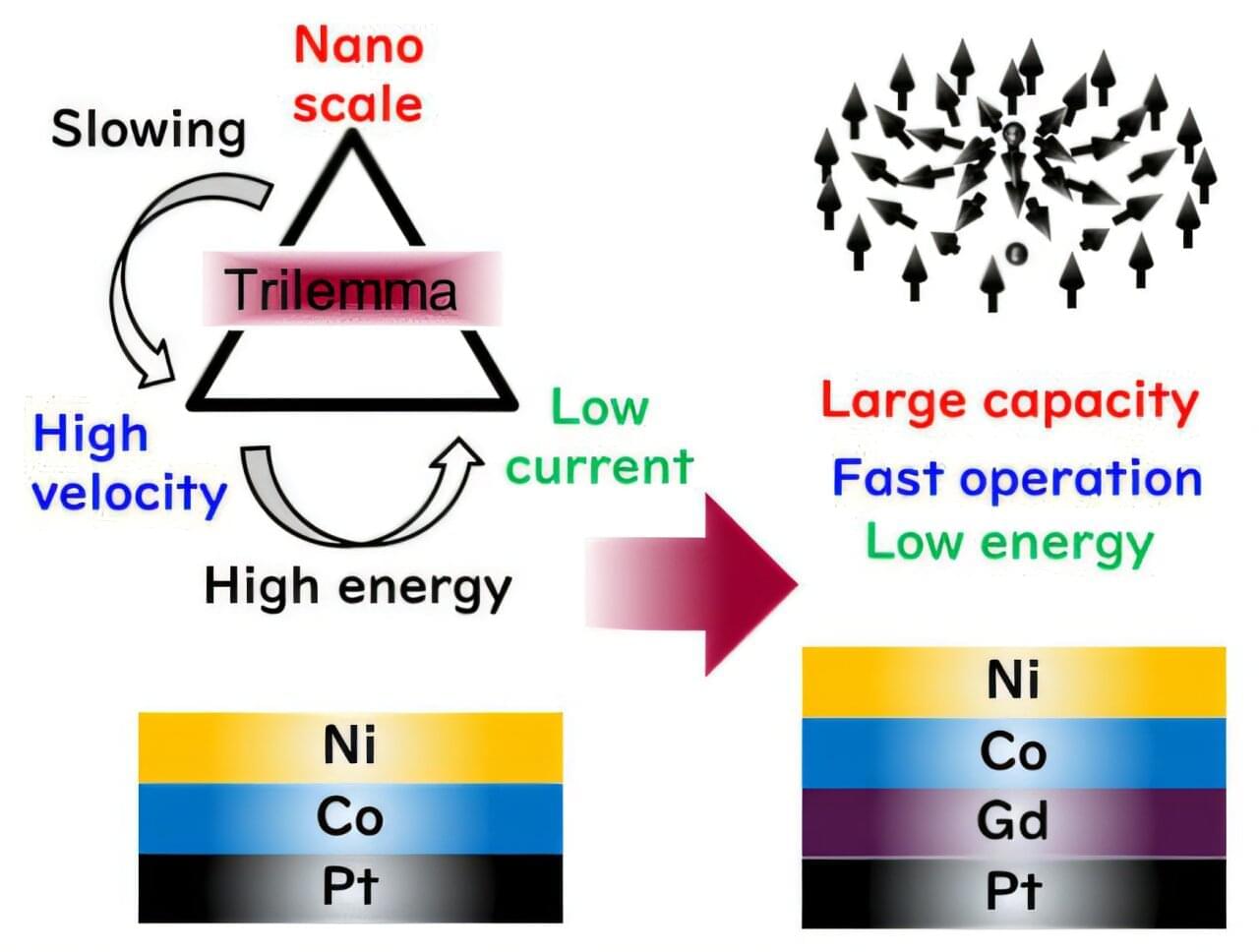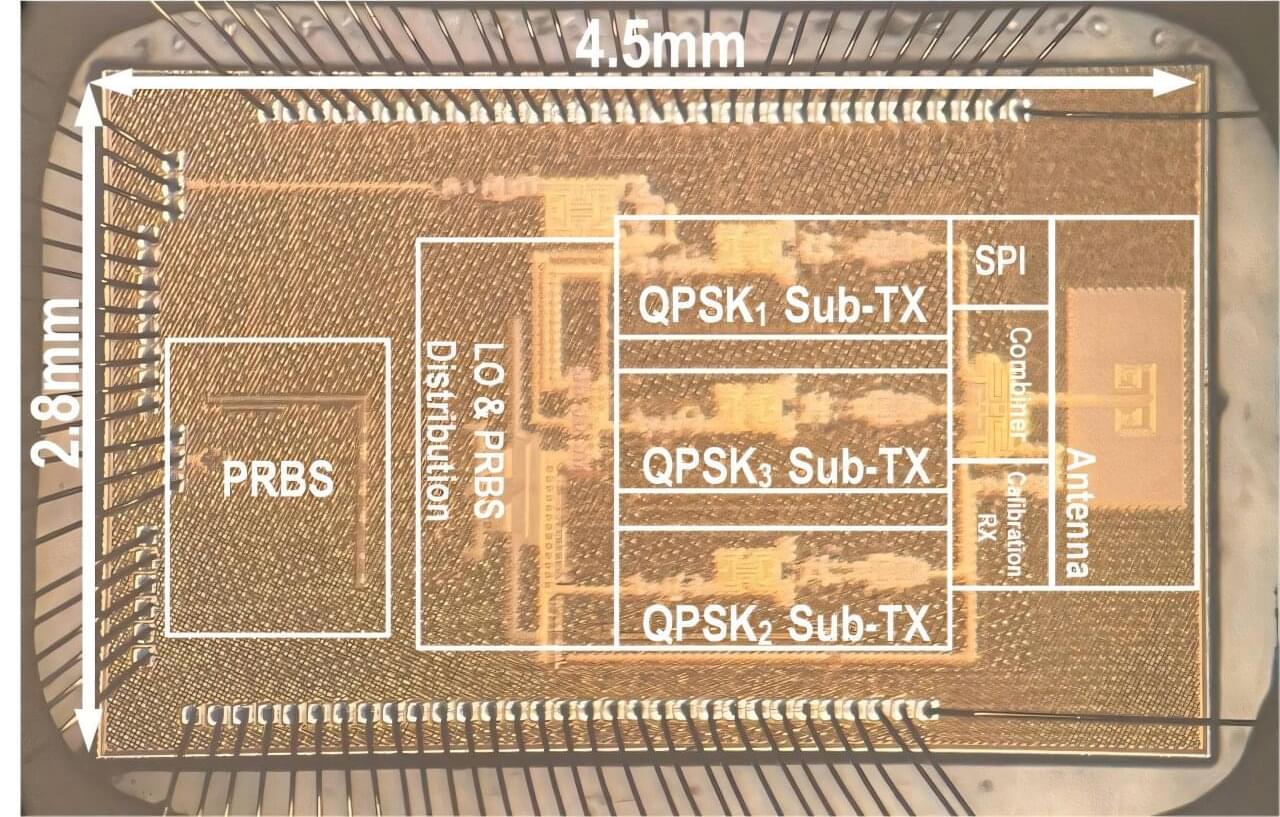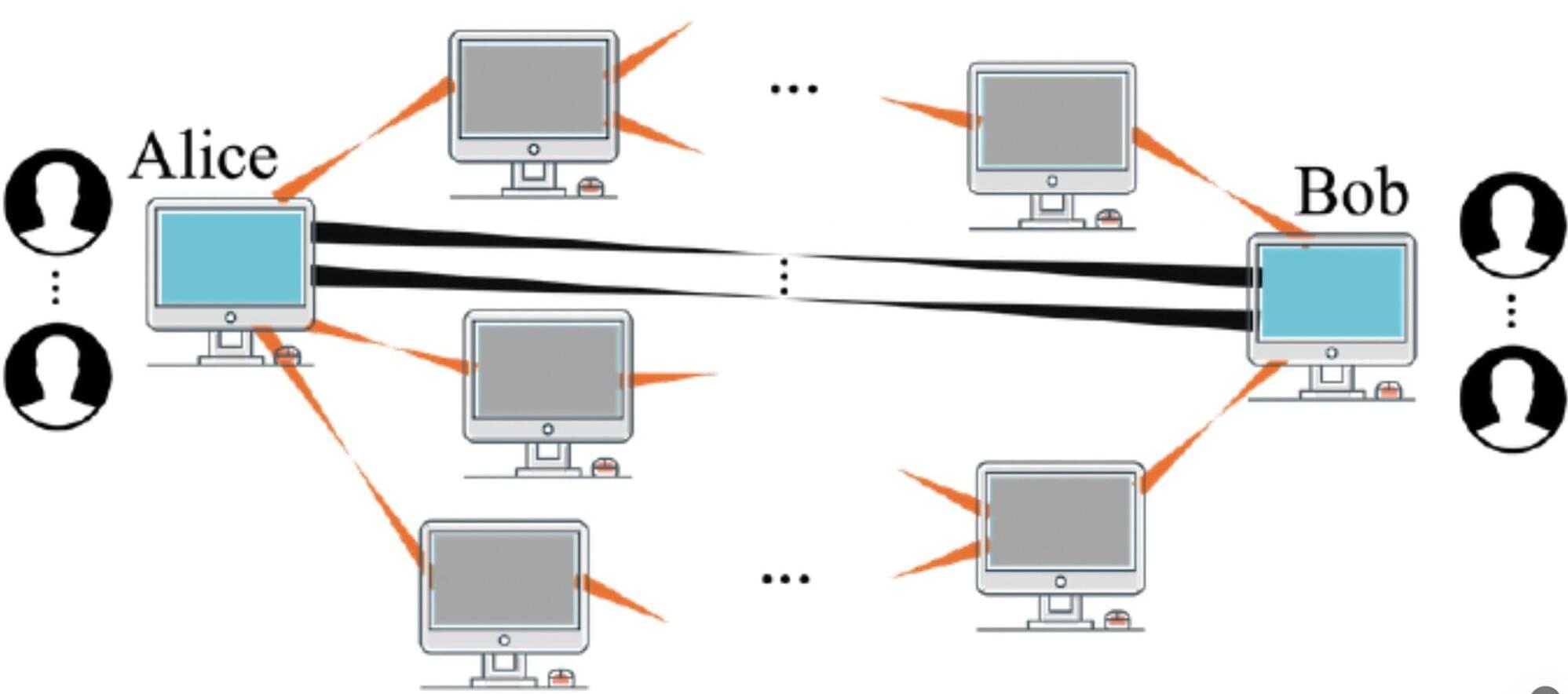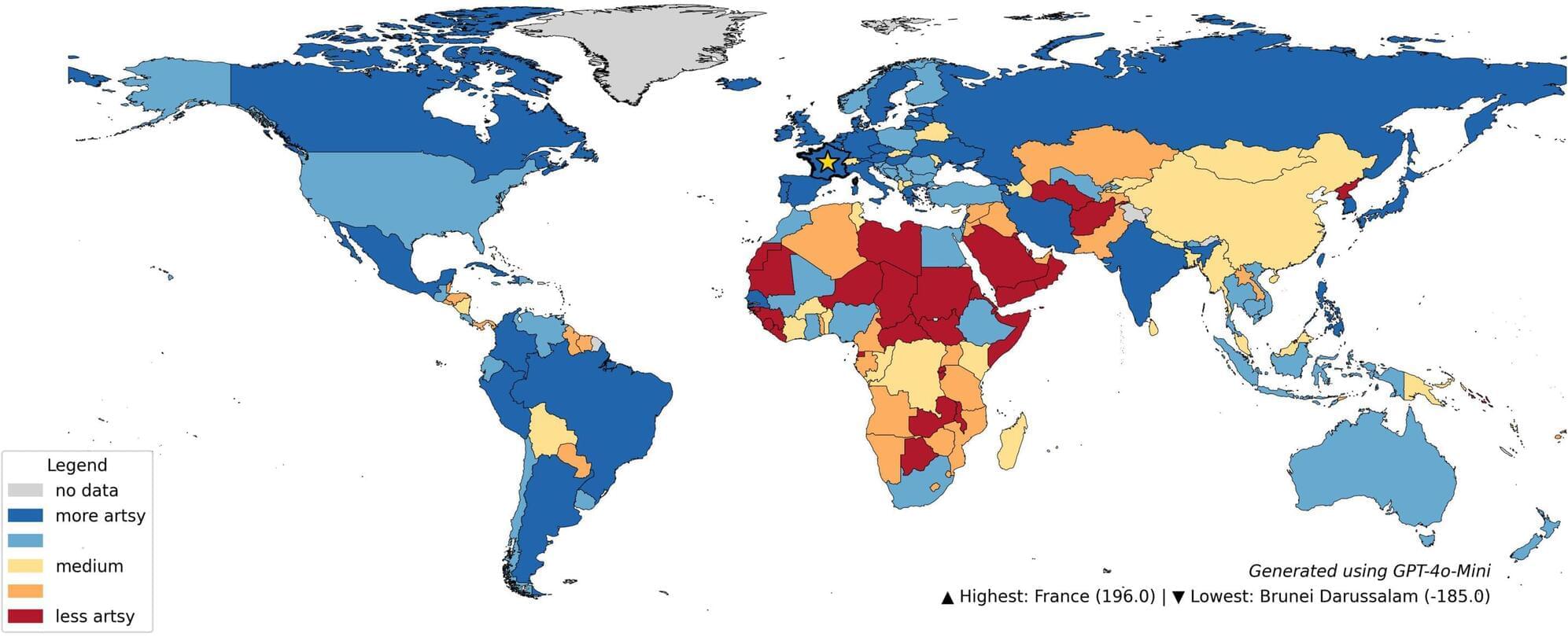Korea’s research community has reached an important milestone on the path toward next-generation mobile communications with the development of a technology platform that brings the 6G era closer. Researchers expect that AI-Native mobile networks, in which artificial intelligence autonomously controls and optimizes the communication system, could achieve transmission efficiencies up to 10 times higher than those of 5G.
Breakthroughs in AI-based wireless access ETRI has completed the development of AI-based wireless access technology (AI-RAN), a core foundational technology for the 6G era, and has achieved significant results in paving the way for the AI-based next-generation mobile communication era.
The biggest feature of this technology is that it has applied AI to wireless transmission, network control, and edge computing throughout the network to reliably handle large volumes of data even in ultra-dense network environments.
